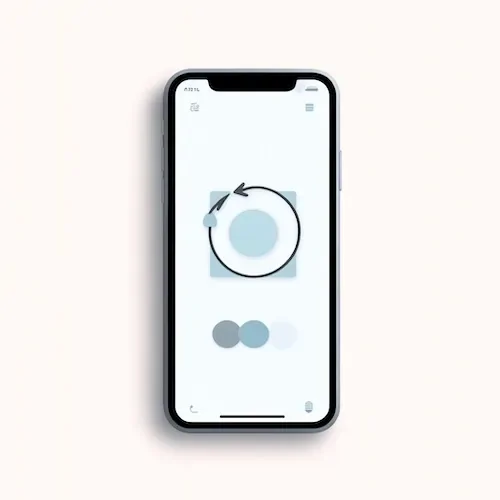By 2024, we humans will have downloaded over 200 billion apps from all major app stores. And why not try to grab a spot for your business? From hailing cabs to ordering food, these mobile applications have been integral to our lives.
Imagine you have a brilliant app thought out for your business and have pooled all the resources towards developing it. But how do you decide on the right framework to develop it? With tons of frameworks like Flutter, React, Ionic, and more available for use, which one would be the best choice for you?
Well, with this post, we aim to answer all the frequently asked questions.
DIFFERENCE BETWEEN NATIVE AND CROSS PLATFORM MOBILE APP DEVELOPMENT Framework
The first thing to consider when developing a mobile app is choosing between native and cross platform apps.
Native app
Native apps are those mobile applications that are specifically designed to run on either Android or iOS. There are plenty of tools available to develop native apps like Kotlin and Java (Android) and Swift and Objective C (iOS). These tools are primarily focused on developing native apps for these platforms.
By their nature, a native Android app will not run on iOS and vice-versa. Native apps can be a great choice thanks to their high performance.
Cross platform apps
As the name suggests, cross platform apps are built to run on both Android and iOS. Tools like Flutter and React are brilliant tools to develop cross platform apps. Cross platform apps can be extremely useful for businesses looking to target users on different platforms.
NATIVE VS CROSS PLATFORM APPS
Both these approaches have two sides of the story to tell. Let us explore the pros and cons of both mobile app development frameworks.
Native apps
Native apps are known for their performance. Native development frameworks offer an unmatched level of control over the hardware and therefore developers are given more flexibility over the internals, allowing them to create complex applications.
Applications relating to AR, VR, and more are generally made natively for Android and iOS to ensure higher performance without sacrificing efficiency.
However, native app development is often time consuming and resource intensive which can sometimes make it impractical for many businesses you are looking for fast and scalable technologies. Plus, the high development costs of native apps also add to its list of woes.
Cross Platform Apps
Known for their amazing blend of reduced development cost and the ability to target a much wider audience base, cross platform apps can be the perfect choice for businesses looking to develop an MVP. However, this mobile app development framework is not without its issues.
From iterating high end technology to dealing with poor performance, this is a risk, businesses must bet on, if they are looking to leverage the benefits of cross platform apps.
WHICH IS THE BETTER CHOICE?
Now, that we are clear with the pros and cons of both mobile app development frameworks, which of these is the right option for you? Ask yourself the following questions to find the right answers.
WHY DO YOU NEED A MOBILE APP?
If you are a startup or an innovator looking to test or launch a new idea, cross platform apps are the way to go. Since this cuts down on the development cost and allows to build apps for both iOS and Android, it makes for a sensible decision for a cash strapped startup.
On the flip side, if you are an established business looking to gain ground in the digital space with a mobile app, native development would be sensible.
WHAT FEATURES DO YOU NEED?
The choice of the mobile app development framework will depend on the features you are looking to integrate into the app. If you need your app to take advantage of the device hardware like camera or GPS and more, you will need native apps to do that.
Conversely, if you need simple apps that sync with databases and limited functionality, go ahead and choose cross platform mobile app development framework.
Choosing the right mobile app development framework for your business is key in determining the success and bottom line. Try out Java and Kotlin to develop native apps for Android or Swift and Objective C to develop for iOS. For going the cross platform route, choose development frameworks like Flutter, React Native, and others.
Make the right choice and watch your business soar!







